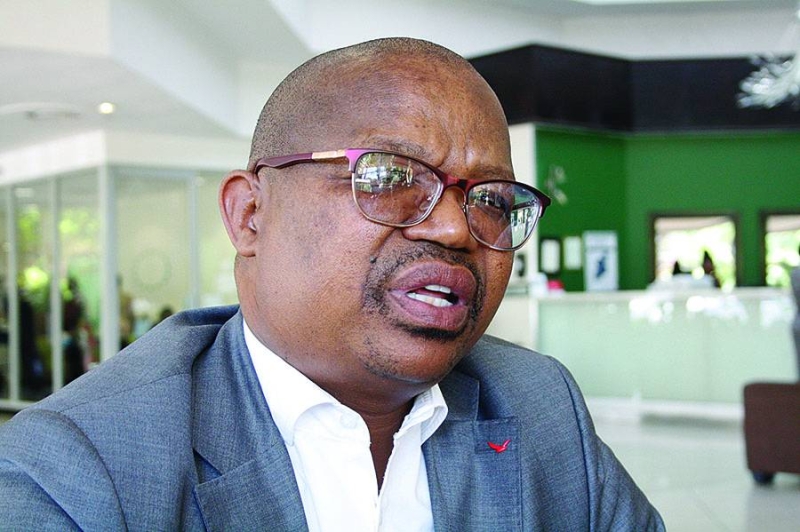Genesis of Bluthorn’s troubles
Mpho Mokwape | Monday October 30, 2023 06:00


The group’s troubles became a public affair on February 19, 2021 following a High Court judgment placing it under liquidation. Before that the regulatory authority discovered, during its supervisory activities in May 2019, that Bluthorn was not fully compliant with the relevant financial services laws. It was further discovered that Bluthorn had channelled the majority of investor funds into one of its related companies being Prime Employee Benefits. Subsequently, in 2020 NBFIRA filed an application to liquidate BFM after failure by its management to satisfactorily and timeously rectify the areas of non-compliance observed, despite repeated engagements. Initially, the regulatory authority was forced to place it under temporary closure from January to April 2020 and then subsequently under statutory management from April 2020.
Background of facts NBFIRA reportedly licensed BFM in 2016 to operate as a Collective Investment Undertaking within the capital markets industry, having satisfied the licensing and legislative requirements. Following its licensing BFM issued a prospectus in respect of an investment company with the aim of encouraging investors to purchase shares in BFM in order for it to invest the funds in accordance with the provisions of the Collective Investments Undertakings Act. According to court documents, on April 2, 2020, Peter Collins was appointed by the NBFIRA as the Statutory Manager of BFM in terms of Section 46 (4) of the Securities Act. This was on the basis that it appeared to NBFIRA that BFM was not complying with a financial services law, was or was likely to be in an unsound financial position or may be involved in a financial crime. The papers revealed that the appointment of the Statutory Manager was later confirmed by Justice Gabriel Komboni April 20, 2020. Subsequently, the companies in the Group were then liquidated and consolidated under the estate of BFM.
The companies under the Group were Prime Employee Benefits (PEB), Bluthorn Procurement Solutions (BPS), Bluthorn Holdings and B Thorn and had directors and officers tasked with the daily running of the companies. The final liquidator, Kopanang Thekiso in the recent documents before court stated that on March 18, 2022, a creditors' meeting was held before the Master of the High Court where the creditors passed a resolution that a public hearing should be convened pertaining to the affairs of the companies in the Group for purposes of interrogating associated persons and/or entities related to the companies in the Group in terms of Section 431 of the Companies Act. “The Inquiry was held on the dates of April 28-29, 2022, May 19-20, 2022; June 2-3, 2022; July 11-15, 2022 and September 20-23, 2023, where various witnesses gave evidence by way of oral evidence and the submission numerous documents pertaining to their involvement with the affairs of the Group,” he said. Thekiso pointed out that thereafter, having considered the evidence provided at the Inquiry it became apparent that individuals within the Group were to blame for the financial turmoil and needed to be held accountable. In the papers, he stated that Eune Engelbrecht, Joseph Mosimane, Tiyedzi Kamodi, Motlamedi Matome and Jeffery Sibisibi cited as first defendants to the fifth defendants were directors and officers who acted recklessly during the operations of the companies.
He explained that the defendants, jointly and severally, as officers of the companies in the Group acted recklessly and breached their fiduciary duties and contravened provisions of the Companies Act and the CIU Act as they were the controlling mind behind the formation and the running of the business of the companies in the Group. Now Thekiso seeks to recover various amounts which were initially invested by the creditors in BFM due to the conduct of the above mentioned individuals as directors, officers or in any capacity related to the companies in the Group.
